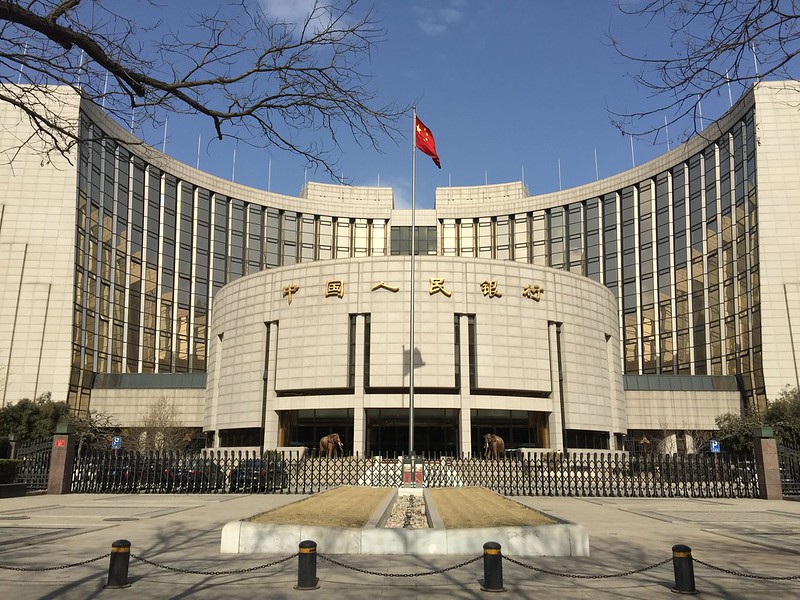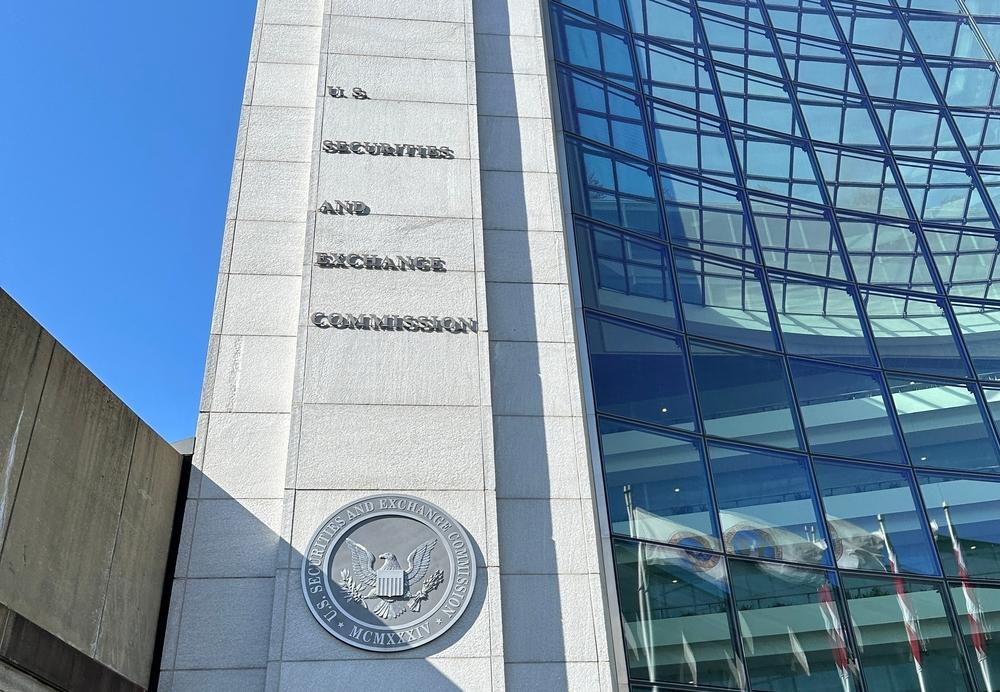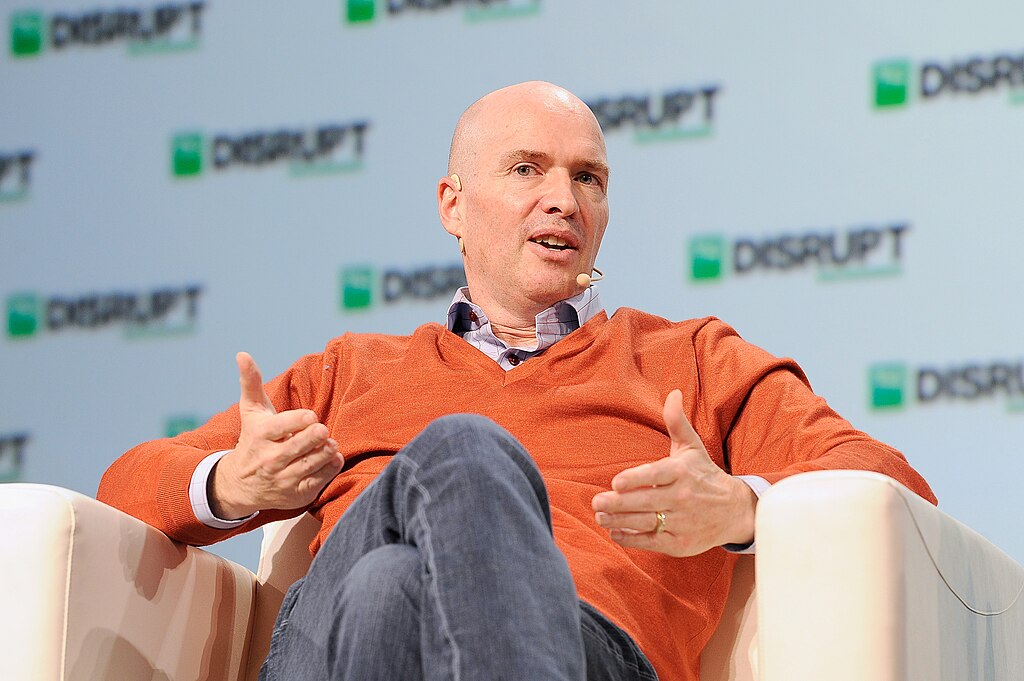China is known for its crackdown on Bitcoin and crypto a few years earlier. However, the country’s central bank appears to have shifted its tone on BTC based on the recent comments made by its deputy governor.
Li Bo, the deputy governor of the People’s Bank of China, recently attended the Boao for Asia event, according to Bitcoin.com. During a panel hosted by CNBC, the central bank official shared his views on Bitcoin (BTC) and stablecoin.
“We regard Bitcoin and stablecoin as crypto-assets,” the PBoC deputy governor said. “These are investment alternatives.”
However, Li Bo also clarified PBoC’s position that it does not view BTC and stablecoin as a form of currency. “They are not a currency per se,” he added, according to CNBC. “And so, the main role we see for crypto assets going forward, the main role is investment alternative.”
Considering China’s past crypto crackdown, observers were surprised by what appeared to be the government’s change of tone towards crypto assets. Experts called the comments “progressive” and closely monitoring regulatory changes the People’s Bank of China might make in the future.
After mentioning that Bitcoin and stablecoin are viewed as investment alternatives, the deputy governor went on to state that his office is considering the requirements before investing in such assets. “Many countries, including China, are still looking into it and thinking about what kind of regulatory requirements,” he explained.
Li Bo pointed out that such requirements are necessary considering the potential risks to the country’s financial stability crypto assets might pose. “Maybe minimal, but we need to have some kind of regulatory requirement to prevent it,” he added. “The speculation of such assets to create any serious financial stability risks.”
The PBoC deputy governors also shared some of the monetary authority’s plans on the digital yuan. “Our focus, again, is that we want to establish a very solid domestic e-yuan first and build up a healthy ecosystem, at the same time working with our international partners,” he said. “Hopefully, in the long term, we’ll have a cross-border solution as well.”
























Comment 5